ISRIC supports the Global Soil Partnership
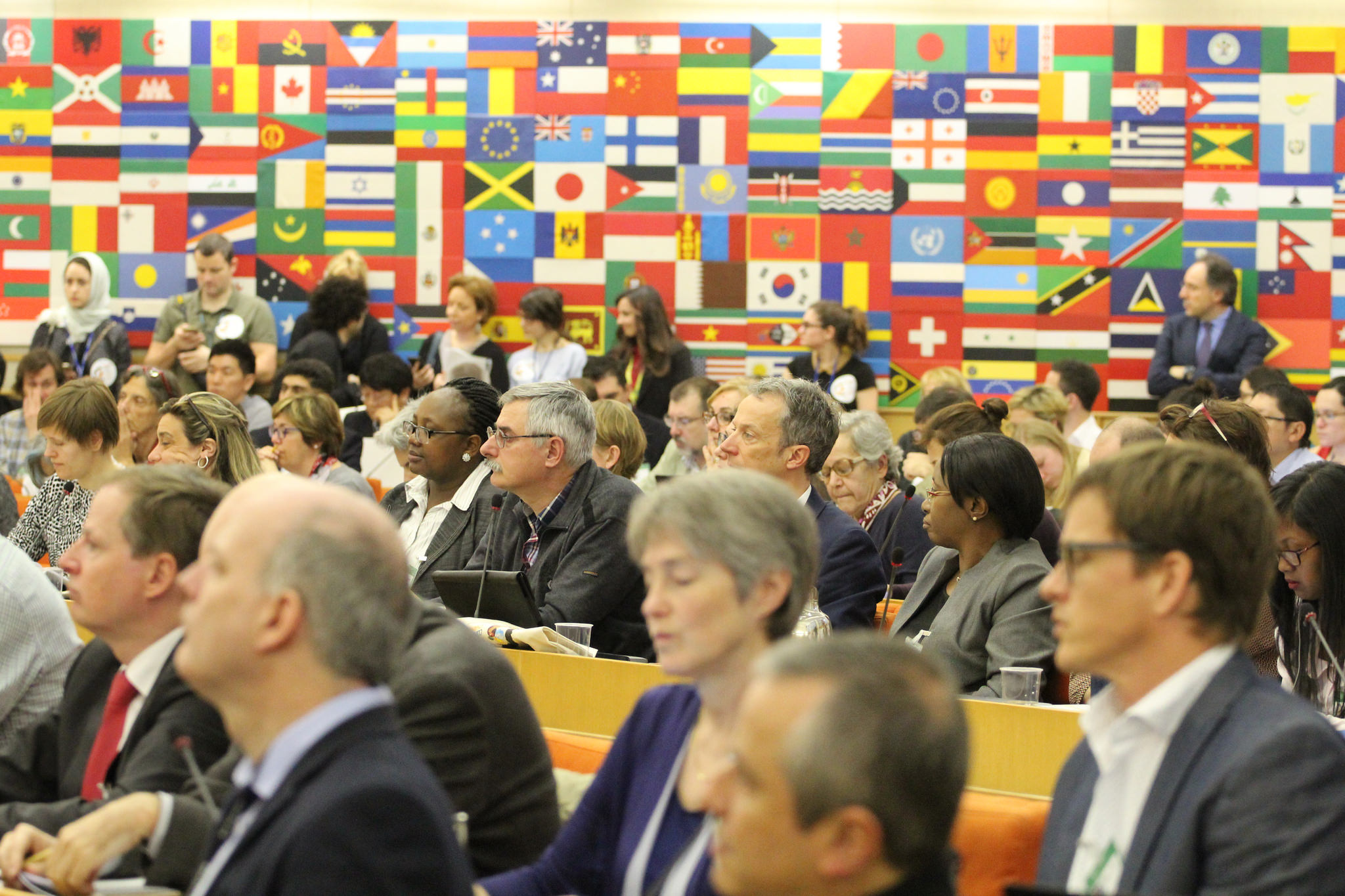
ISRIC – World Soil Information actively supports the mission of the Global Soil Partnership, who works to better position soils on the global agenda through international, voluntary partnership.
Managing our soils well is key to tackling some of our greatest challenges such as food security and climate change. It is crucial that we work together across national borders to secure the health and quality of our soil into the future. The Global Soil Partnership (GSP) provides a framework to do this, and we help to fill in some of the technical expertise needed to create high quality and harmonised soil information workflows around the world.
National soil institutes and international knowledge and policy organisations, which are key partners of the Global Soil Partnership, are crucial members of the global soil community because of their understanding of local soils as well as their network to the people managing those soils. By sharing our expertise on the soil data workflow with national soil institutes, for instance by creating and maintaining soil information systems, we lessen their technical burden so they can focus on helping people like extension workers, policy officers and land managers to apply the insights soil information has to offer.
Through the Global Soil Partnership, we provide support to key programmatic efforts including the: Global Soil Information System (GloSIS), Global Soil Laboratory Network (GLOSOLAN), and global soil data exchange.
Contents
- Global Soil Information System (GloSIS)
- Global Soil Laboratory Network (GLOSOLAN)
- Global soil data exchange
- Our global community of soil professionals
Global Soil Information System (GloSIS)
The Global Soil Information System (GloSIS) is a ‘one stop shop for soil information’, a federated system where national soil information systems of national institutions are also approachable through a central web portal at a global level and interoperable through a common standard. By using the GloSIS framework, national institutions benefit from tools and support to organise, store, process and share spatial soil data. Additionally, this 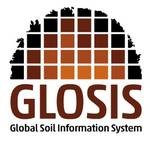
spatial data infrastructure for soil, which still allows for local, decentralized ownership, enables sharing and exchange of soil data at the regional and global level for collective soil knowledge and monitoring.
ISRIC’s role in bringing GloSIS, a one-stop-shop for national soil information, to life is to be one of the driving forces in the conceptual design and the technical building blocks of the system. We also provide direct support for technical implementation. This fits ISRICs role as “Soil Data Facility” (June 2017 - September 2021) to the Global Soil Partnership and the International Network of Soil Information Institutes (INSII). The work was and is carried out in close cooperation with the GSP Secretariat, INSII partners and other experts.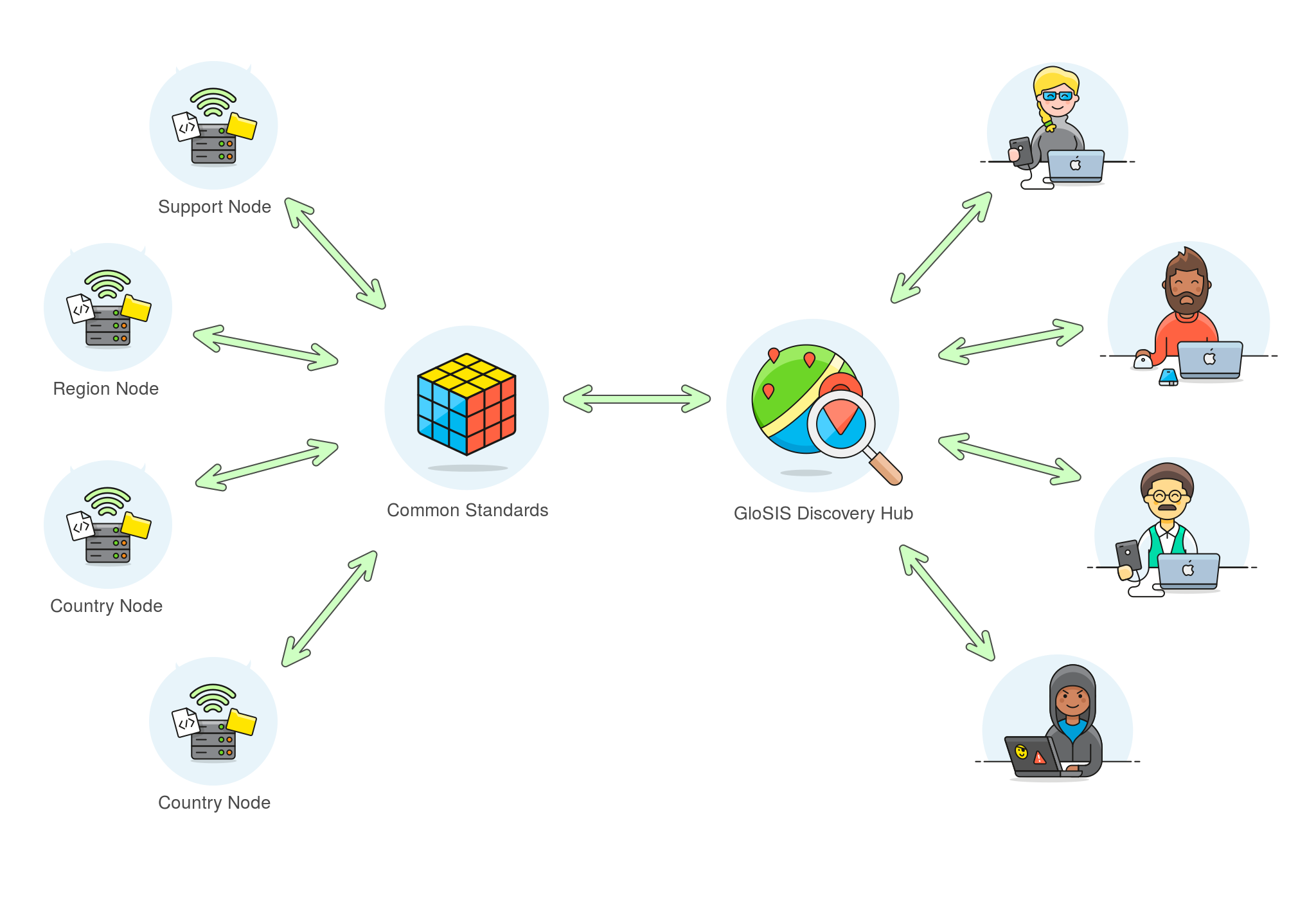
[collapse collapsed title ="About GloSIS design and implementation"]
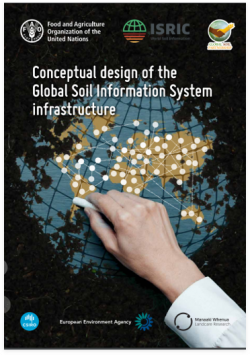 The work on GloSIS started in 2015 with the establishment of INSII and in 2019 the Conceptual Design and Tier1/Tier2 data documents were endorsed, both with a major contribution from ISRIC. Building GloSIS is a monumental job for many countries and organisations. It requires a multi-layered approach where existing soil information systems can connect to a central portal, and software and support is provided to countries who want to build a national soil information system and/or provide their data online. The first aim is to connect countries and help them to get their data online (GloSIS V1.0), the second is to facilitate the exchange of standardised soil data (GloSIS v2.0). This allows for easy exchange and compilation of data from different sources.
The work on GloSIS started in 2015 with the establishment of INSII and in 2019 the Conceptual Design and Tier1/Tier2 data documents were endorsed, both with a major contribution from ISRIC. Building GloSIS is a monumental job for many countries and organisations. It requires a multi-layered approach where existing soil information systems can connect to a central portal, and software and support is provided to countries who want to build a national soil information system and/or provide their data online. The first aim is to connect countries and help them to get their data online (GloSIS V1.0), the second is to facilitate the exchange of standardised soil data (GloSIS v2.0). This allows for easy exchange and compilation of data from different sources.
Currently ISRIC and GSP Secretariat have built and are testing and improving GloSIS v1.0, consisting of a Discovery Hub as central entry point for global data, and a customisable national soil information system software package based on GeoNode (CMS). Work is ongoing on GloSIS v2.0, which needs a developed soil data exchange standard first. All code and software are open source and FAIR principles are promoted. To accompany these technical components, we are working on setting up instructions and capacity building on these topics together with the GSP Secretariat.
[/collapse]
To learn more, visit the GSP GloSIS webpage or https://glosis.org.
Global Soil Laboratory Network (GLOSOLAN)
The Global Soil Laboratory Network (GLOSOLAN) of the Global Soil Partnership was established in 2017 to strengthen the capacity of soil laboratories and to respond to the need for soil analytical data harmonisation. As stated on FAO.org, the value of harmonizing soil analysis methods, units and data is that it: (1) provides reliable and comparable information between countries and projects; (2) allows generation of new harmonized soil data sets; and (3) supports evidence-based decision making for sustainable soil management.
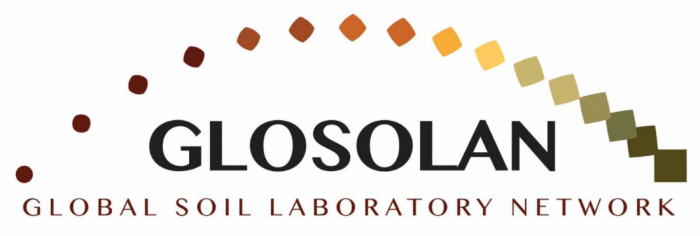
GLOSOLAN is a participatory network in which member laboratories and experts in soil analysis share their information and experiences at the purpose of developing harmonized standards and training materials that are published on the GLOSOLAN webpage for free.
[collapse collapsed title ="GLOSOLAN Partners and Working Groups"]
The first objective of GLOSOLAN is to harmonise wet chemistry methods, including physical and biological analyses, and improve quality. Additionally, in 2019 a working group on dry chemistry or soil spectroscopy began. ISRIC co-chairs this second GLOSOLAN working group on soil spectroscopy, together with United States Department of Agriculture’s Charles E. Kellogg Soil Survey Laboratory (USDA-KSSL) and World Agroforestry (ICRAF) and is facilitated by the GSP Secretariat. The group focuses on standardisation of spectral data collection and exchange, for instance through GloSIS. The aim of the working group is to harmonise and improve soil spectral measurements in the lab, build a Global Soil Spectral Calibration Library and Estimation Service and provide capacity building. We have an active cooperation with the Soil.Spectroscopy 4 Global Good project led by Woodwell Climate Research Center and the IEEE P4005 initiative.
[/collapse]
Learn more at the GSP GLOSOLAN webpage and the GLOSOLAN soil spectroscopy webpage.
Global soil data exchange
To enable standardised soil data exchange for easy exchange and compilation of soil data, the soil data community needs to agree on a common structure and set of definitions for soil data following international and national soil description, analysis and classification standards. This is referred to as a domain model with an ontology including a vocabulary on the domain ‘soil’. Several models exist which are all slightly different and not always ready for practical implementation. Experts from around the world linked to the GSP work on harmonising this model and its implementation.
There is an active cooperation with the SINO-EU Soil Observatory for Intelligent Land Use Management (SIEUSOIL) project, and recently cooperation with the Earth Science Information Partners (ESIP) Soil Ontology group started as well as with the International Union of Soil Sciences (IUSS) work group on soil information standards and the Global Open Data for Agriculture and Nutrition (GODAN) soil data work group.
ISRIC is one of the core members of this global soil data exchange group and aims to implement its results for GloSIS V2.0. The GloSIS ontology is available at https://owl.glosis.org.
Our global community of soil professionals
Although the work on GloSIS, GLOSOLAN and global soil data exchange has a clear technical component, it also has important community, institutional and network components that ISRIC values in the Global Soil Partnership. The mission of the GSP, especially when it comes to the soil data workflow and the central position of countries and their institutes, closely aligns with the ISRIC vision.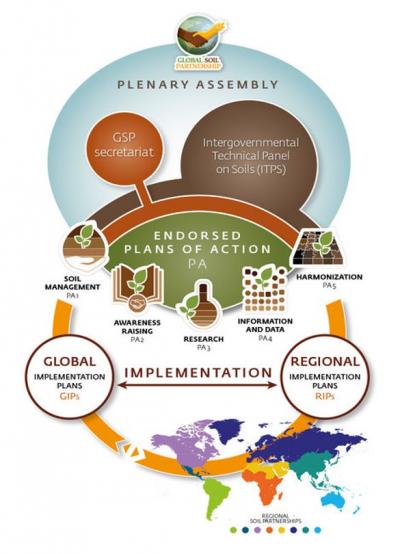
The Global Soil Partnership creates a global platform for concerted efforts towards better availability, quality and use of soil information. ISRIC contributes to this network through technical work and by the close interaction with other partners and countries in our community of practice.
ISRIC holds and has held many formal connections to the Global Soil Partnership, we were the Soil Data Facility to GloSIS between June 2017 and September 2021, we are co-chair of the soil spectroscopy working group for the Global Soil Laboratory Network (GLOSOLAN), active members of the Pillar 4 and Pillar 5 working groups which focus respectively on soil information and harmonisation, and INSII. In addition, the chair of the ISRIC board Dr. Peter de Ruiter is a member of the GSP’s International Technical Panel on Soils (ITPS) expert panel.